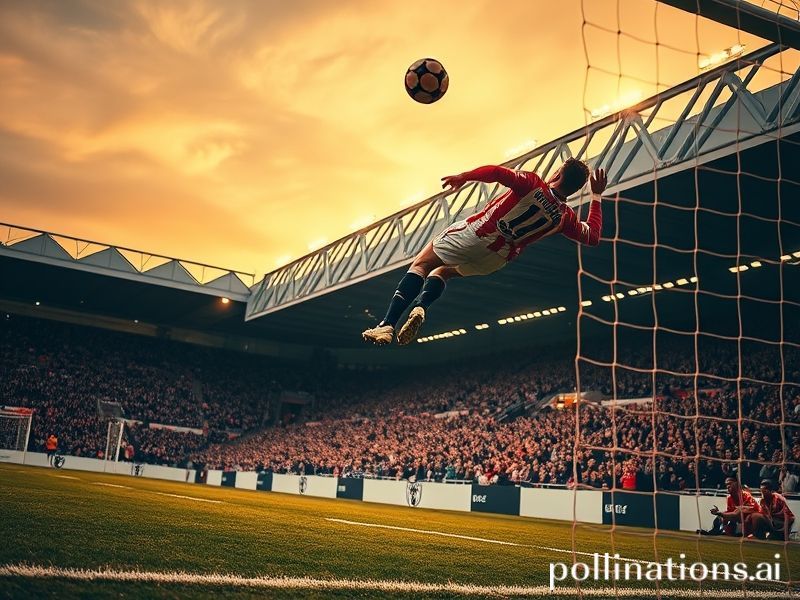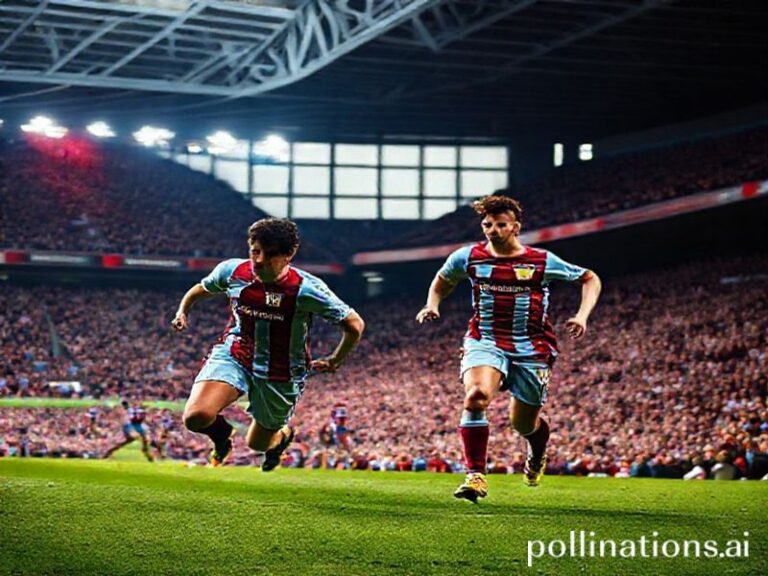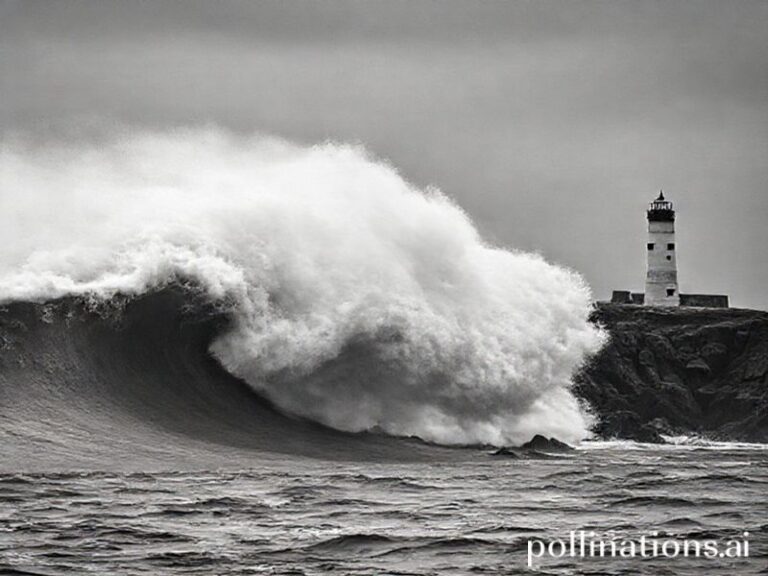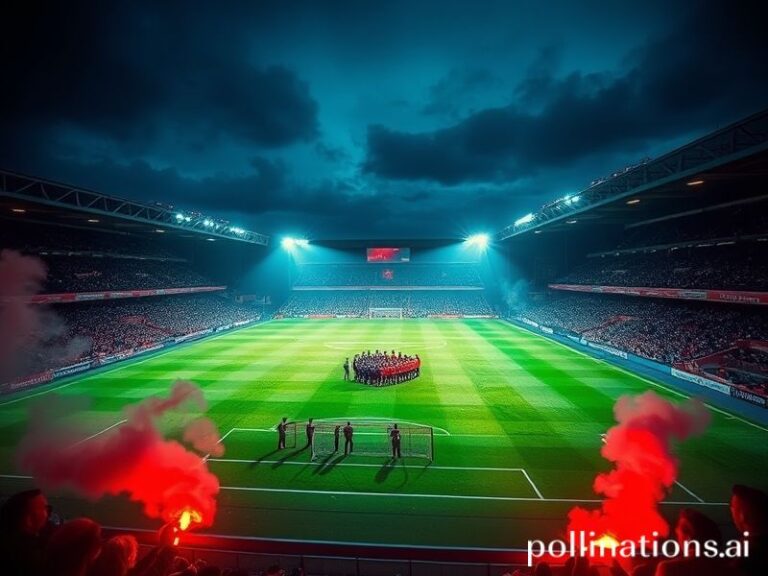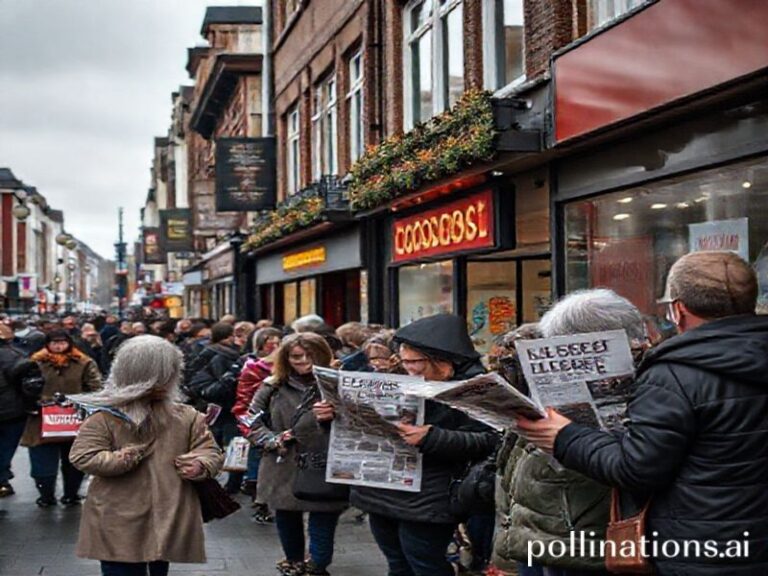West London Derby Goes Global: How Fulham vs Brentford Became the World’s Most Diplomatic Thirty-Mile Feud
Fulham vs Brentford: How a West London Derby Quietly Became the UN General Assembly of Football
By Our Man in the Departure Lounge
For those of you reading this in Singapore, São Paulo, or Saskatoon, permit a brief geography lesson: the distance between Fulham’s Craven Cottage and Brentford’s Gtech Community Stadium is roughly the same as the gap between your sofa and the fridge. Yet this weekend’s derby has been marketed with the solemn gravitas of a papal conclave, complete with drone shots, multilingual hashtags, and a broadcast package that suggests the Thames might once again run red with blood—or at least lukewarm craft beer.
Why, then, should the planet care? Because the match is a perfect microcosm of our global order: two smallish tribes squabbling over a patch of grass while pretending the outcome will tilt the axis of civilization. If that sounds familiar, you’ve probably checked Twitter in the last decade.
THE GLOCAL PLAYBOOK
Fulham’s owner, Shahid Khan, also bankrolls the Jacksonville Jaguars and a professional wrestling empire. Brentford’s Matthew Benham made his fortune flogging statistical models to Asian bookmakers. Between them they represent the two dominant religions of the 21st century: American showbiz and algorithmic gambling. The match is thus less a contest of tactics than a proxy war between Disney+ and an Excel spreadsheet.
The squads themselves are passports stapled to boots. Fulham’s Andreas Pereira (Brazilian), Raúl Jiménez (Mexican), and Calvin Bassey (Nigerian) will face Brentford’s Bryan Mbeumo (Cameroonian), Yoane Wissa (Congolese-French), and Kevin Schade (German). The only English starters likely to see the pitch are the referee and the ball. In other words, a West London postcode dispute will be settled by a multinational workforce who needed visas to get to work—just like the queue outside Pret at Heathrow.
GEOPOLITICAL SUBTEXT (EVERYONE PRETENDS NOT TO NOTICE)
The fixture lands 48 hours after COP28 ended with everyone agreeing to “phase down” fossil fuels the way one phases down shots at a wedding—slowly, reluctantly, and only after the photos are taken. Brentford, sponsored by a “clean energy solutions” company whose parent drills for gas in the North Sea, will trot out in shirts made from recycled plastic bottles, each one a tiny monument to cognitive dissonance. Fulham, meanwhile, still heats its antique stands with boilers that sound like Churchill’s lungs. Both clubs will tweet earnest tree emojis, and we’ll all applaud because hypocrisy is the only renewable resource we’ve mastered.
THE ECONOMIC RIPPLE EFFECT
According to analysts who definitely had better university options, a single derby win is worth “up to £30 million in brand uplift and hospitality synergies.” Translation: the victor gets to charge an extra 12% for lukewarm pie. Still, currency traders in Hong Kong insist the result might niggle the pound—something about investor sentiment and the “mood music” of UK plc. If that sounds insane, remember people once moved markets because Elon Musk tweeted a weed joke.
HUMAN DRAMA, OR LACK THEREOF
Expect 90 minutes of players gesturing wildly at invisible VAR crimes, intercut with cutaways to a billionaire chewing his fingernails like a freshman at prom. The stands will ring with songs older than most governments, each lyric carefully sanitized for broadcast in 197 territories. Somewhere in Lagos or Lima a child wearing a counterfeit jersey will cry genuine tears when a 30-year-old multimillionaire misplaces a pass. The absurdity is so pure it almost feels holy.
EPILOGUE: A POSTCARD FROM THE END OF HISTORY
When the whistle blows, one set of fans will chant “We are staying up!” as though league-table mathematics were a matter of personal virtue. The other set will mutter about conspiracies and Brexit, occasionally both at once. Both will shuffle back to trains delayed by leaves on the line—climate change in miniature—and wake up Monday to economies teetering, wars smoldering, and inboxes refilling.
And yet, for those 90 minutes plus injury time for existential dread, the world will shrink to 22 people, a ball, and the collective illusion that any of it truly matters. Which, in an age when nothing else seems to, might just be enough.

